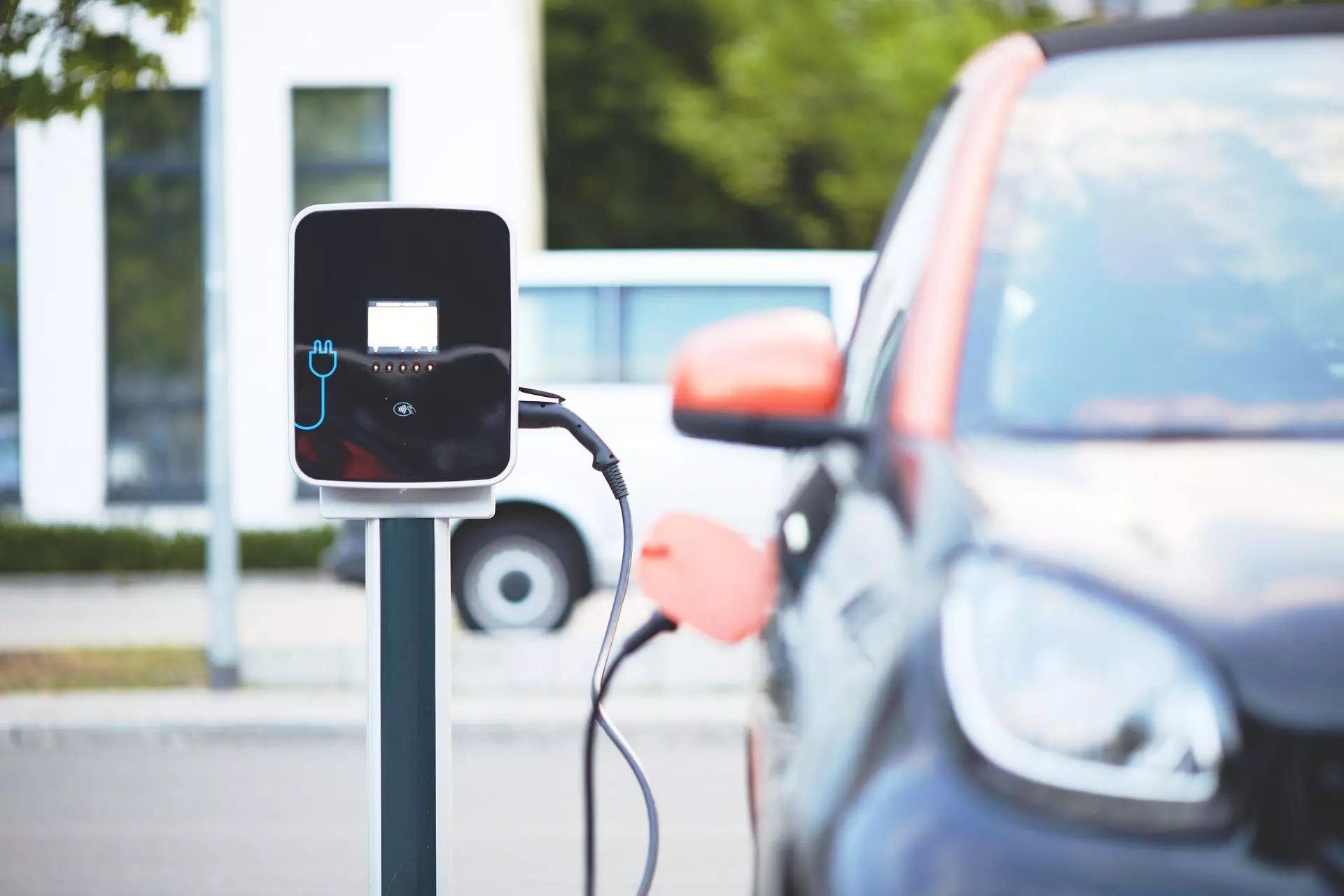In the face of climate change and the increasing frequency of extreme weather events, electric vehicles (EVs) are emerging as a critical component of sustainable transportation in states like Florida. As a region frequently impacted by hurricanes and other natural disasters, Florida’s adoption of EVs raises significant concerns regarding the resilience of the infrastructure that supports them. The public charging network for EVs must not only be extensive but also robust enough to withstand the challenges posed by high winds and flooding. Recent research underscores the pressing need for Florida to enhance the resilience of its electric vehicle charging services to ensure that they can reliably function during and after such emergencies.
A recent study conducted by researchers at the University of Florida (UF) emphasizes the importance of proactive planning and innovative strategies in strengthening EV charging infrastructure. During emergencies, the interconnected issues of infrastructure damage and service demand increase markedly, leading to heightened vulnerabilities. Dr. Yan Wang, from UF’s Urban Agility and Resilience Lab, highlighted that a dynamic approach to planning and deployment is essential, especially in regions that routinely experience severe weather events. The research advocates for advanced modeling techniques to better anticipate the impacts of extreme weather on charging networks, enabling a more resilient energy ecosystem.
For instance, the study analyzed the aftermath of Hurricane Ian in the Tampa Bay area, leading to crucial findings regarding the performance of charging stations during such events. It revealed that a well-connected network of charging stations with diverse user access demonstrated quicker recovery and maintained service continuity during crises. This information is vital for informing urban planners and policymakers about the geographical and socio-economic factors influencing charging station efficacy.
An alarming outcome from the study is the identification of social inequities that exist within the realm of EV charging access. Vulnerable communities, particularly older populations and lower-income neighborhoods, are often disproportionately affected by the lack of reliable charging services during extreme weather. In particular, rural areas may not directly experience flooding but still face challenges due to nearby charging stations being rendered inoperative. This discrepancy necessitates a comprehensive and equitable planning framework that includes all community segments in the transition to electric mobility.
Dr. Ziyi Guo, a doctoral candidate involved in the study, emphasized the need to consider these indirect influences when planning for future infrastructure. Addressing such inequalities is crucial, as ensuring that all citizens have equal access to charging stations not only supports the transition to electric vehicles but also helps mitigate the adverse effects of climate change and extreme weather on vulnerable populations.
To confront the challenges highlighted in the research, the UF team developed a counterfactual analytical framework employing a multi-agent-based model. This innovative approach simulates worst-case hurricane scenarios, providing essential data for infrastructure planning that preemptively addresses potential impacts. By employing these modeling techniques, communities can better strategize improvements to their electric vehicle charging systems, ensuring resilience against future weather events.
Furthermore, the versatility of this research methodology can extend beyond Florida. By adapting the models to assess various urban environments, municipalities can tailor their resilience strategies based on localized data and projected challenges, ultimately facilitating faster and more effective responses in times of crisis.
As Florida prepares for a future threatened by climate change, it becomes increasingly essential for stakeholders—government bodies, researchers, and private sector players—to collaborate in enhancing the resilience of electric vehicle charging infrastructure. By implementing anticipatory planning frameworks that integrate advanced modeling techniques and equitable distribution of resources, we can build not only a sustainable transportation system but also a more equitable and resilient society.
The findings from the University of Florida’s research emphasize that the challenges faced by EV charging services during extreme weather are not isolated incidents. Instead, they reflect broader systemic vulnerabilities that must be overcome. As we look toward the future, specific action must be taken to ensure that all communities can equally participate in the electric vehicle movement, thereby fostering both environmental sustainability and social equity in Florida and beyond.

